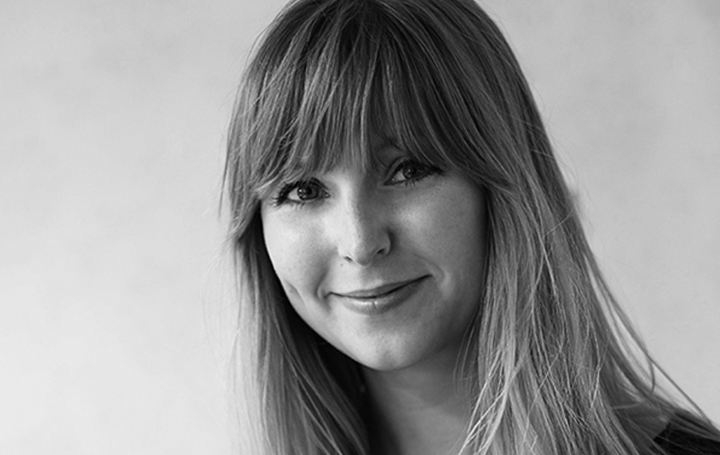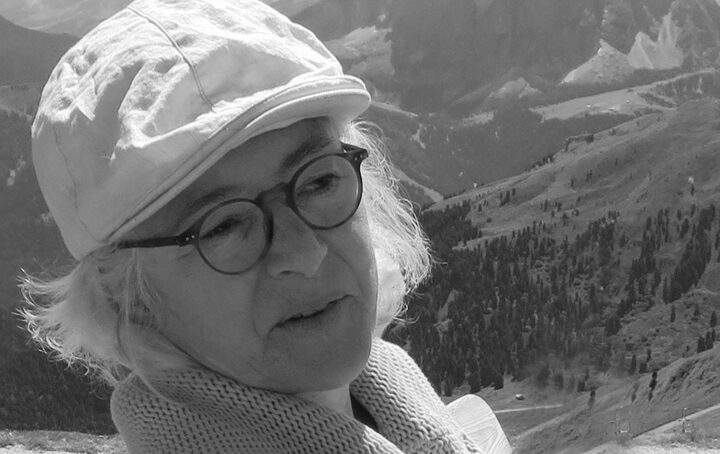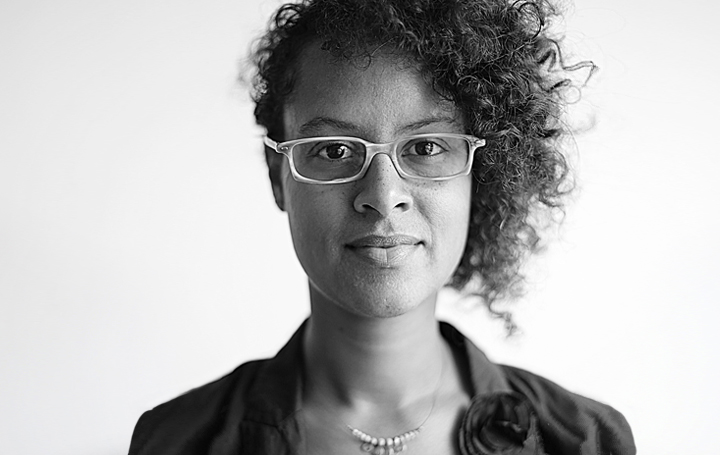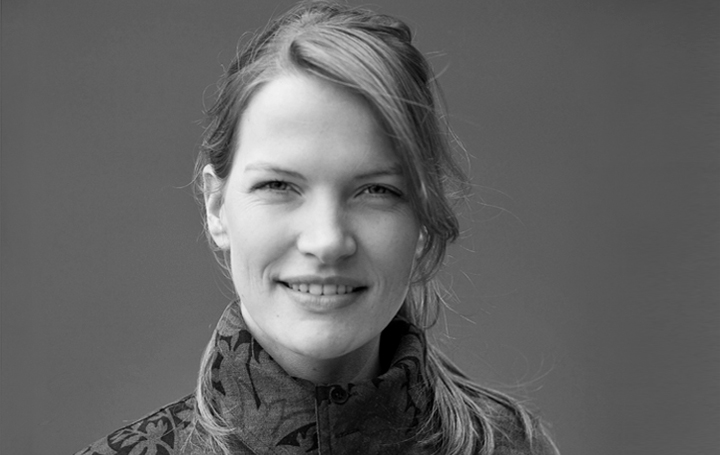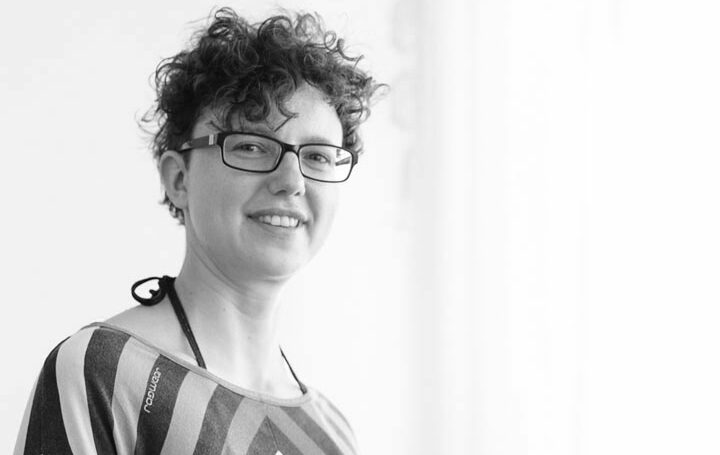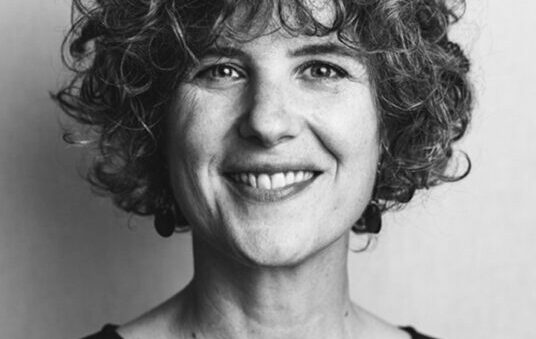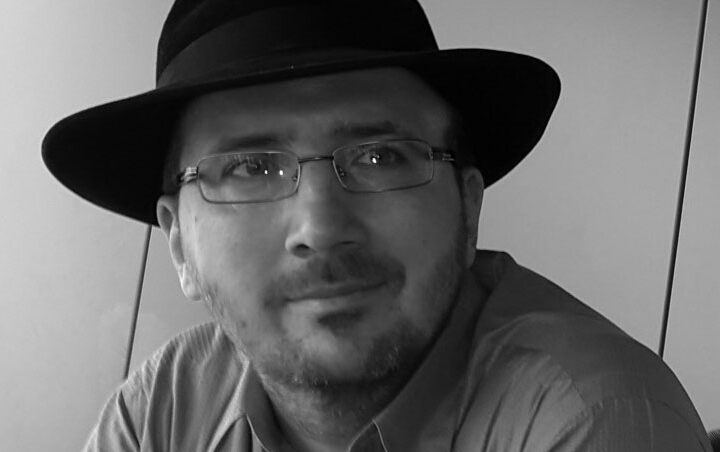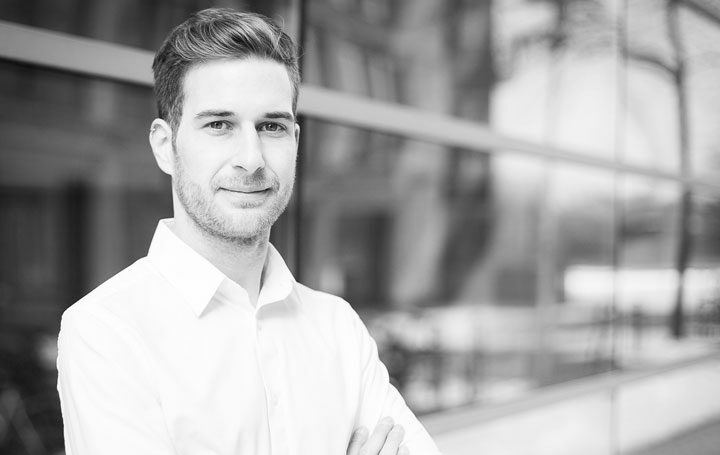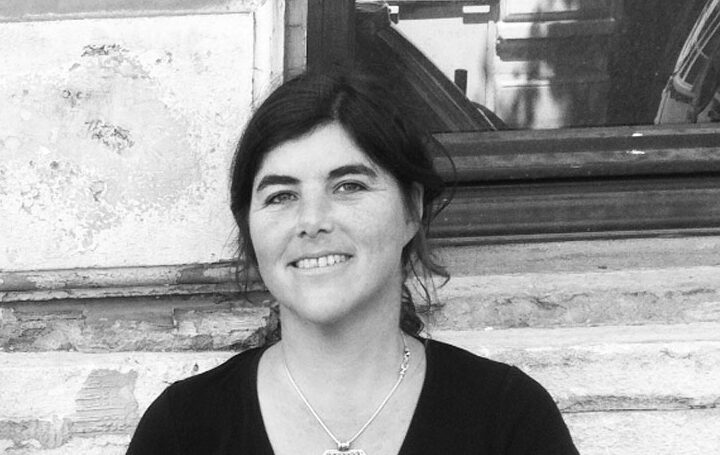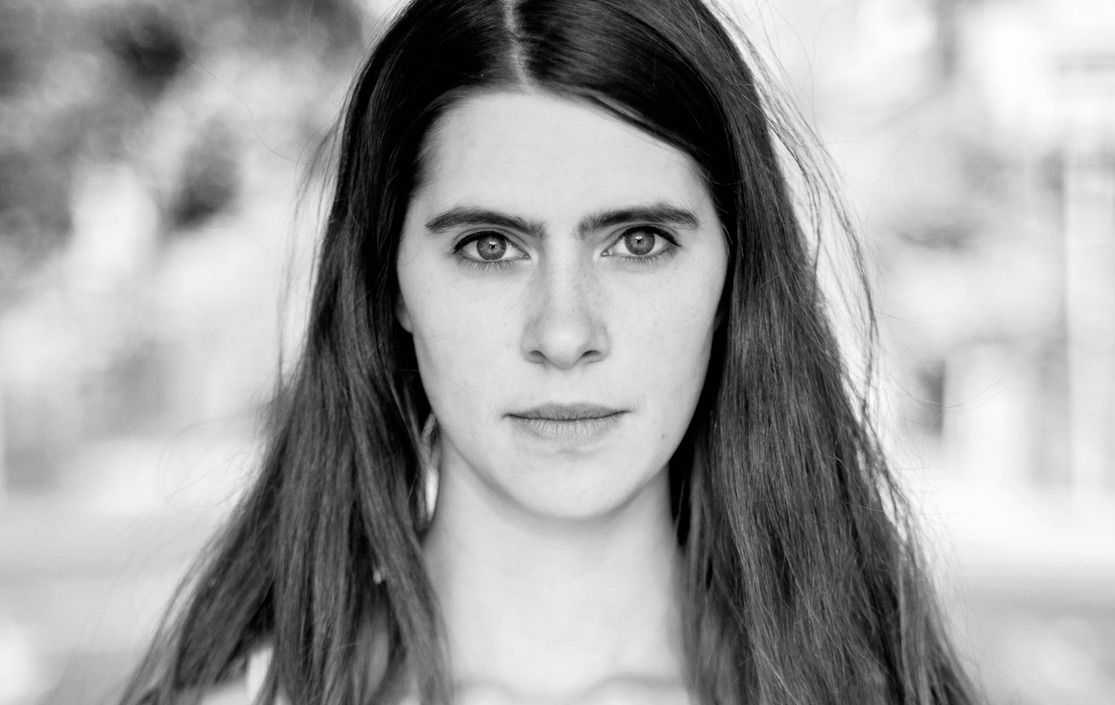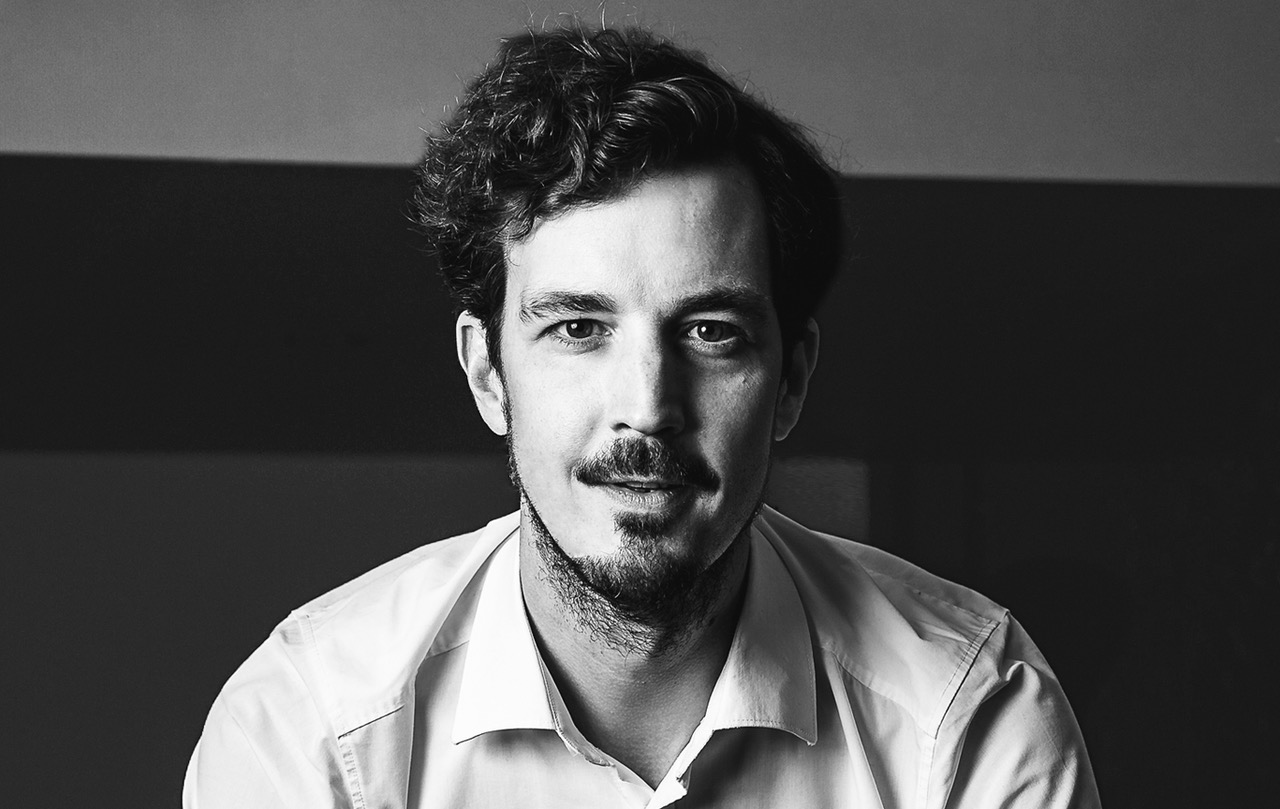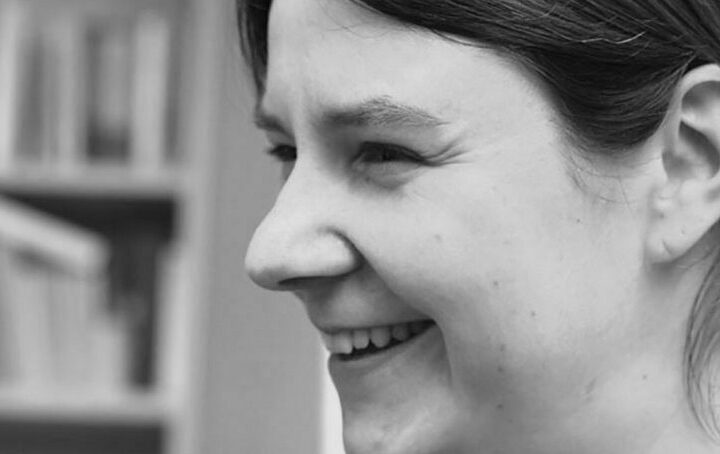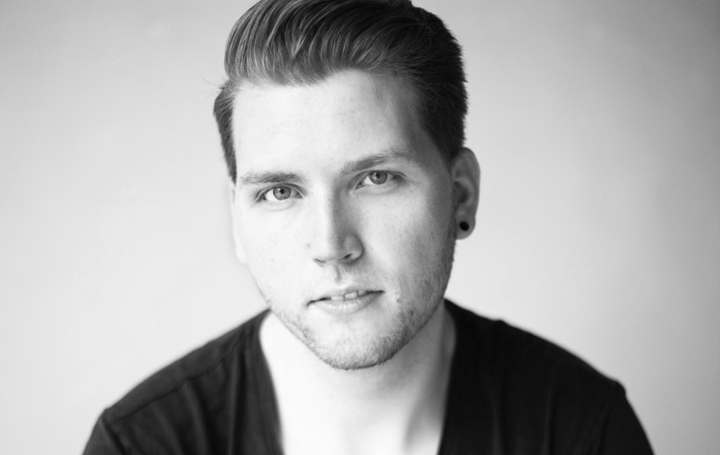Kurt, welcher Kurt?
2. März 2017REVIEW ECO DESIGN FORUM CGN
9. August 2017Auja Eco Centre is an environmental education center for Palestinians and Internationals in the Jordan Valley
The Jordan River Valley is a unique landscape. Auja Eco Center works to protect the valley and support its inhabitants through environmental education and eco-tourism activities. It invites guests to explore the valley, meet its people, and preserve its beauty for future generations.
Auja Eco Center endeavors to give Palestinian students the necessary knowledge and skills to become wise custodians of the valley. The Center also offers lectures, workshops, and field trips for people from around the world who are interested in learning more about this unique environment and to help advocate for its rehabilitation.
Auja Eco Center offers a welcoming, comfortable, and peaceful base from which visitors can explore the Jordan River Valley. The guesthouse provides an ideal environment to escape the chaos of city life, and welcomes guests to visit and relax for a weekend with friends or family.
The Center welcomes businesses or NGOs that are looking to hold conferences, workshops, or retreats away from the office, as well as individual researchers or journalists working on projects in the valley.
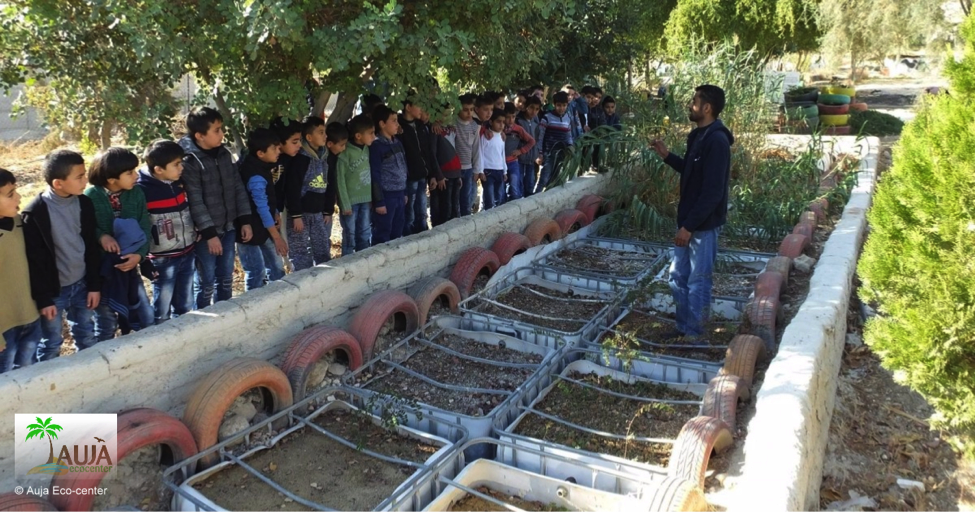
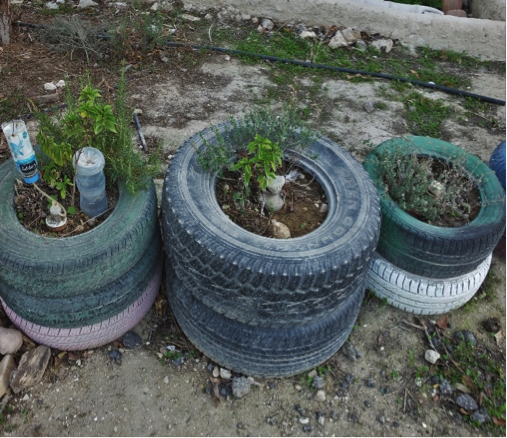
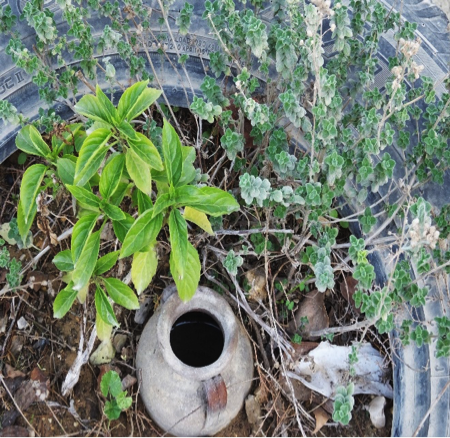
The Palestinian Territories have long been denied their human right to sufficient, safe, acceptable, physically accessible and affordable water for personal and domestic uses due to restrictions placed by the Israeli occupation. As a result, the daily per capita share of water for the Palestinians is less than the daily recommended World Health Organization standards.
The historical flow of the Jordan River was 1.3 billion cubic meters of water, annually. The river flows from its source in the Lebanese hills to its mouth in the Dead Sea, via the Sea of Galilee. But following the 1948 war, and Israel’s ceasefire with Jordan, the two countries decided to split rights to the river. Each year, Israel diverts 580 million cubic meters of water from the river to the Negev Desert. Jordan diverts 290 million cubic meters to its farms on the east side of the river, and to Amman.
Syria is also involved, building hundreds of dams along the Yarmouk River, a tributary of the Jordan. Altogether, Israel, Jordan and Syria divert 94% of the Jordan’s water for their own purposes. These measures have been catastrophic for Palestinians. Before 1967, Palestinian farmers could use the river’s water for irrigation during the winter months. In summer, meanwhile, they could fish and sell their catch to towns in the West Bank.
But now, because only 2% of the river’s water reaches the Dead Sea, any economic use the Jordan River might have had is long gone. This is exacerbated by constant Jordanian fly-tipping, which makes the river highly polluted. For their part, Illegal Israeli settlements in the valley have fresh water pumped in especially by the Israeli Water company, Mekorot. Even if the river did contain more clean water, Palestinians could not access it. In 1967, Israel heavily mined the bank of the river. Palestinians are not allowed near, except at one strictly-controlled point at Al-Maghtas.
With all these challenges, it is a struggle to make any progress. But Auja Eco Center’s staff are clearly passionate about improving the agricultural and environmental conditions on the Palestinian side of the river.
The methods applied by the Center are beautifully simple. Toilet water is unsalvageable, but water from the rest of the house (so-called ‚grey water’) is treated by pouring it through tanks of gravel and sand that filters out impurities. The result is so clean that the water is even suitable for washing hands.
Irrigation systems are created from used plastic bottles. Condensation from air-conditioning units is collected and reused. Even in the dusty courtyard of Auja Eco Centre, the landscape blossoms. By distributing water-saving devices to public places – such as the schools, the mosque – Auja Eco Center has begun to win over sceptics. People start seeing this system work and understand its benefits. Financial incentives also tend to be popular as these measures save a lot of money.
Indeed, Auja Eco Centre and its methods have become so famous that local communities have started requesting advice on how to improve their irrigation and water-saving systems. Promoting self-sufficiency is especially important given that many local people work on farms in illegal Israeli settlements, often for low pay and in dreadful conditions.
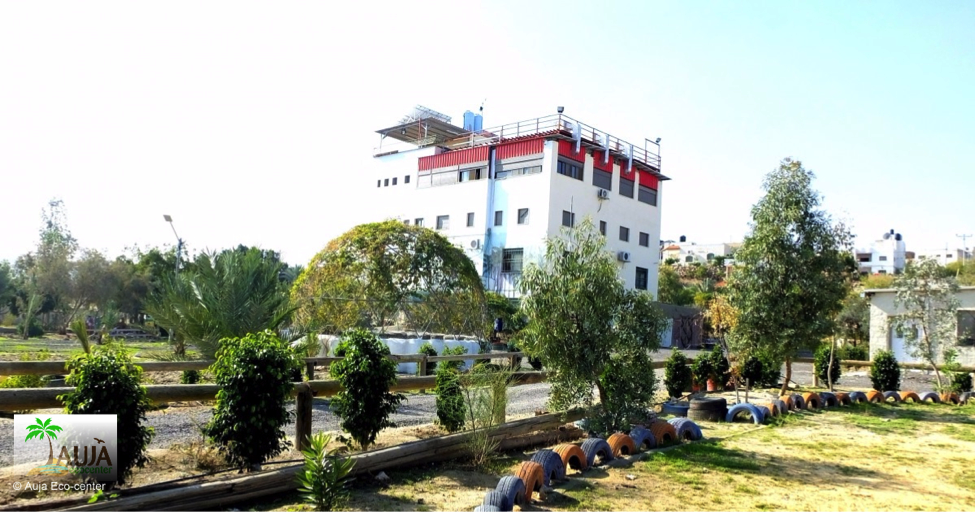
Still, if these innovations help farmers in their daily slog, they do not deal with the Jordan Valley’s wider problems.
But here too, Auja Eco Centre is trying to make a difference. The Centre is run by EcoPeace Middle East, a unique organization that brings together Jordanian, Palestinian, and Israeli environmentalists. Its primary objective is to promote cooperative efforts that protect the region’s shared environmental heritage. In doing so, it seeks to advance both sustainable regional development and the creation of necessary conditions for lasting peace in the region.
Last year, EcoPeace released its first ‚master plan’ for the Jordan Valley. This plan, launched in June 2015, created a coordinated rehabilitation initiative across all three countries. It is a comprehensive programme designed to rehabilitate the Lower Jordan River and its tributaries. It determines coordinated regional flow regimes, sets water quality standards, identifies solutions to treat all pollution sources, launches restoration and preservation programs, establishes ecological corridors, and identifies opportunities to expand ecotourism infrastructures in the Jordan Valley, including the preparation of regional heritage routes. The plan specifies unique, yet complementary plans for the Palestinian and Jordanian portions of the Lower Jordan Valley, the first of its kind.
This cautious collaboration extends to young people. In 2015, EcoPeace organized an event funded by German development company GIZ, with environmentally interested students from the Lower Jordan Valley’s three countries. EcoPeace alumni came together on opposite sides of the river to raise awareness about saving the Jordan River and improving the water quality. From an international perspective, it was a success.
Mr. Mahmoud Driaat
Auja Eco-Center / EcoPeace Middle East, Jericho – Palestine
Mr. Steven Brine
Editor / stevenbrine@yahoo.com.au
